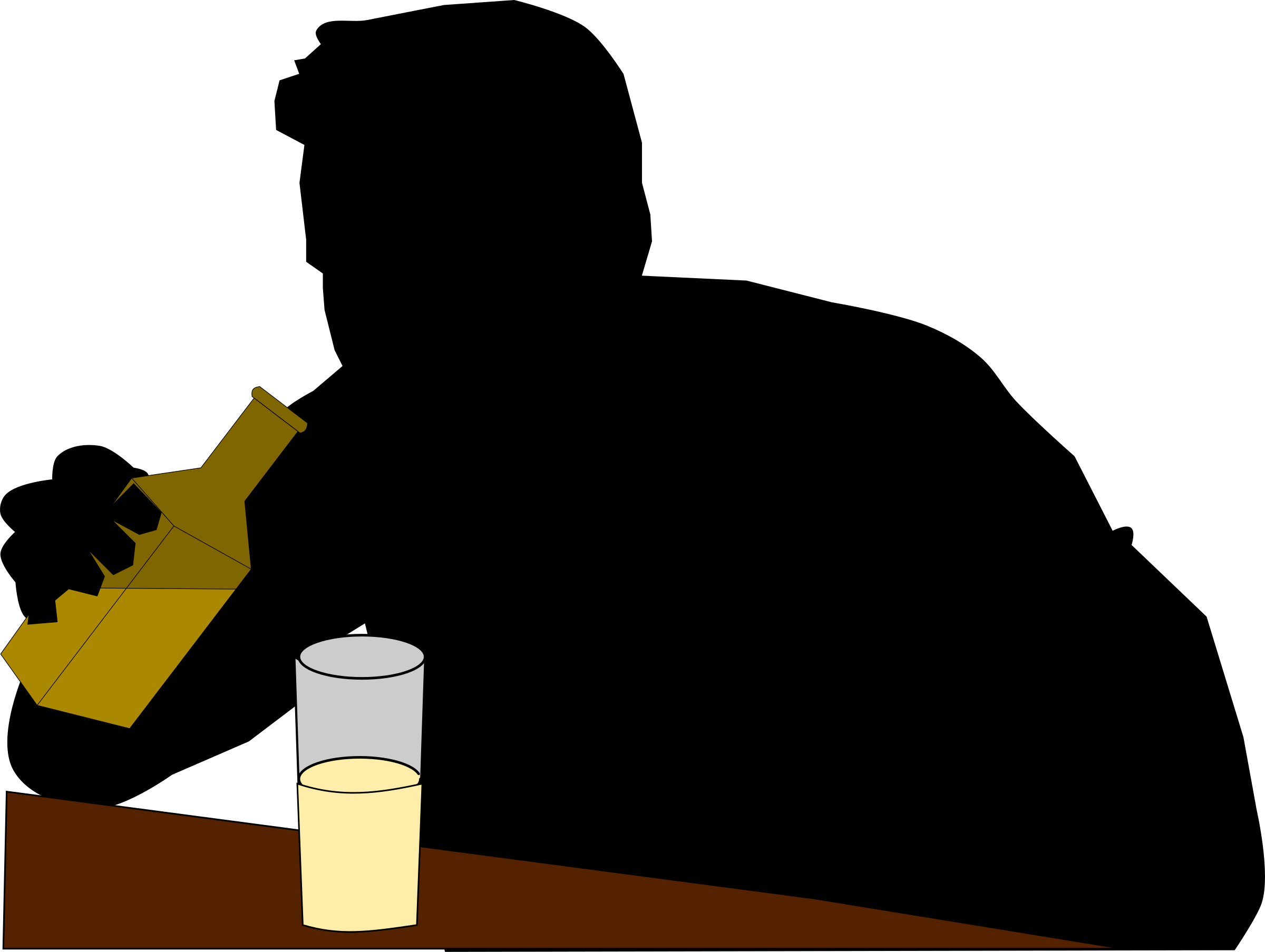GP-led home detoxification for dependent drinkers is a “no-brainer” for public health and highly rewarding for doctors, says Dr Chris Davis
GP-led home detoxification for dependent drinkers is a “no-brainer” for public health and highly rewarding for doctors, according to UK-trained Dr Chris Davis.
Dr Davis said he was surprised, on arriving in Australia four years ago, to find there were no GP-led clinics offering home detox to help patients safely withdraw from alcohol.
“When I came here I was disappointed that there were no GP-led clinics and it became my passion to spread this model,” the former drug and alcohol lead at Wandsworth in inner London told The Medical Republic.
“Patients love it,” he said. “It’s completely confidential; they don’t have to go to a specialist service where there will be methadone users or people who have other addictions.
“It can be bulk-billed, plus they can build a relationship with a GP who can look after their other health needs, so I can look after their depression, or their diabetes. Nobody has to know.”
Dr Davis said the GP-led approach was suitable for the majority of dependent drinkers, and also benefited those who could not afford an inpatient specialist service or who could not attend because of a job or family responsibilities.
He established a clinic at Blacktown in Sydney’s west, where he trained two other GPs to implement the home detox program which originated at Wandsworth’s three Fresh Start GP clinics.
An audit of one year’s results at the western Sydney clinic showed significant public-health savings compared with inpatient services, he said.
“I did 33 detoxes in that year and estimated I saved the public purse $150,000. So, it’s a no-brainer.”
Dr Davis gives a detailed explanation of the GP-led withdrawal model in the December issue of Australian Prescriber, saying it could be difficult for problem drinkers to seek help because of the stigma of being branded an alcoholic.
“There is evidence that home detox is ideal for minority communities such as Aboriginal and Torres Strait Islanders,” he writes.
Speaking to The Medical Republic, Dr Davis said waiting lists for inpatient treatment were also a barrier to care, and GPs may be unaware of the extent of their patient’s problem or simply not know how to manage it.
“People then try to do it on their own and fail, or they keep drinking and that leads to deeper dependence, family breakdown and loss of job.”
Dr Davis, now based at East Sydney Doctors in inner Sydney, said patients travelled from all parts of Sydney to attend his Clean Slate Clinic, many of them referred by hospitals, specialists and GPs.
“GPs do see drinkers as complex, but really they are not,” he said.
“What (GPs) need is a structure, which I can give them – all the paperwork, the prescribing guidelines, the patient contracts. They also need practice nurse availability.”
The home detox model for patients with mild to moderate dependency was stricter in many ways than outpatient services run by specialists, he said.
“There’s no wackiness about it. it follows the NSW alcohol withdrawal guidelines, and it has to be guideline-driven because I am not a specialist.”
Patients needed to agree to urine drug screening, to have a support person, to attend the clinic for a 15-minute daily appointment from Monday to Thursday, and to be breathalysed.
“It’s the most satisfying thing I have ever done as a GP,” Dr Davis said.
“People will come to me because something has happened. They are obviously dependent or bingeing and they’ve lost a job or their wife or crashed their car.
“You can say, I can help you, and go on a journey with them. You come out the other end, and everything is better.
“It’s not all roses. people lapse and relapse. But they will come back to you, and know that you’re always there for them. I love the service. I wish other GPs would do it. That’s my mission.”


